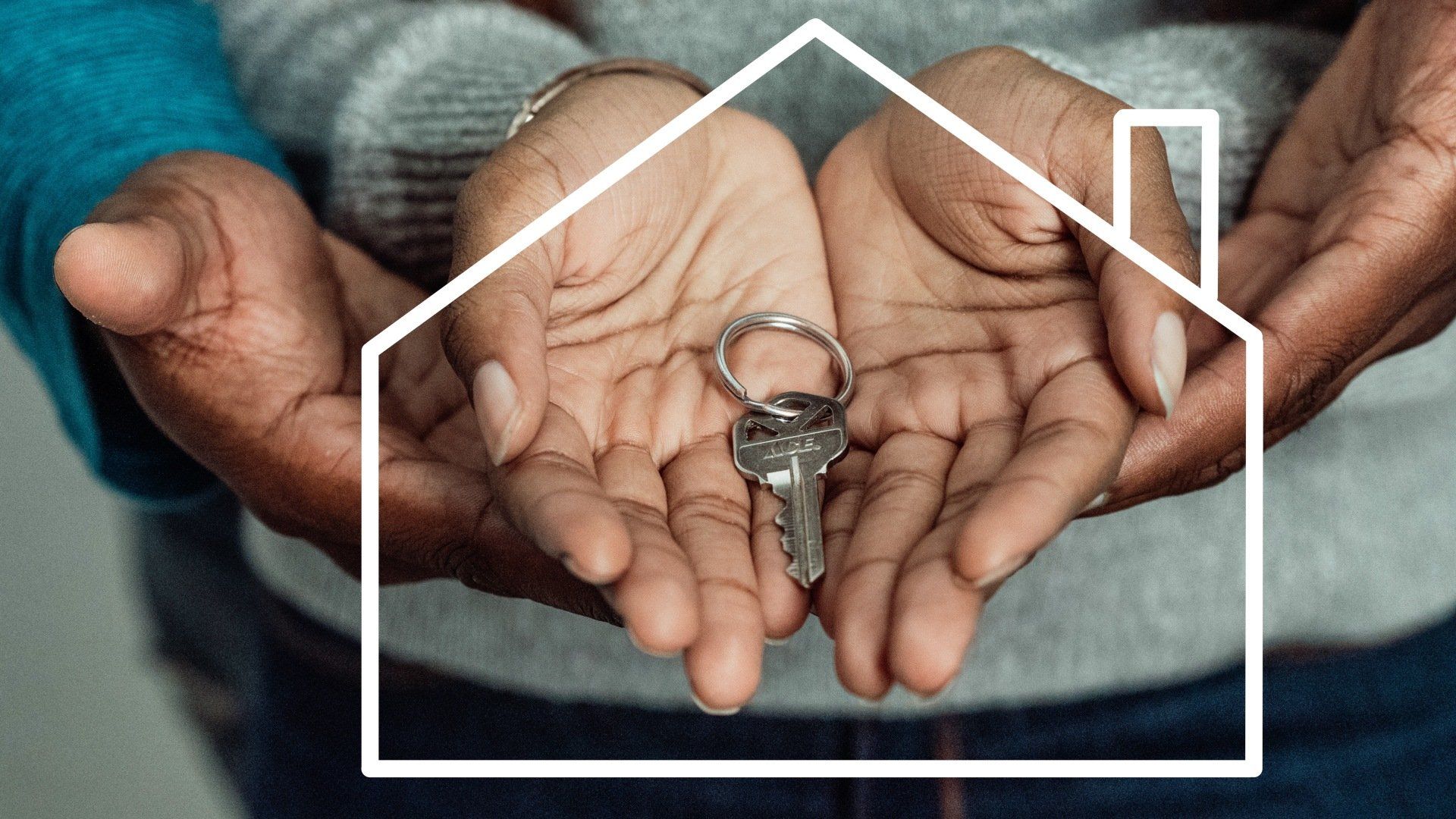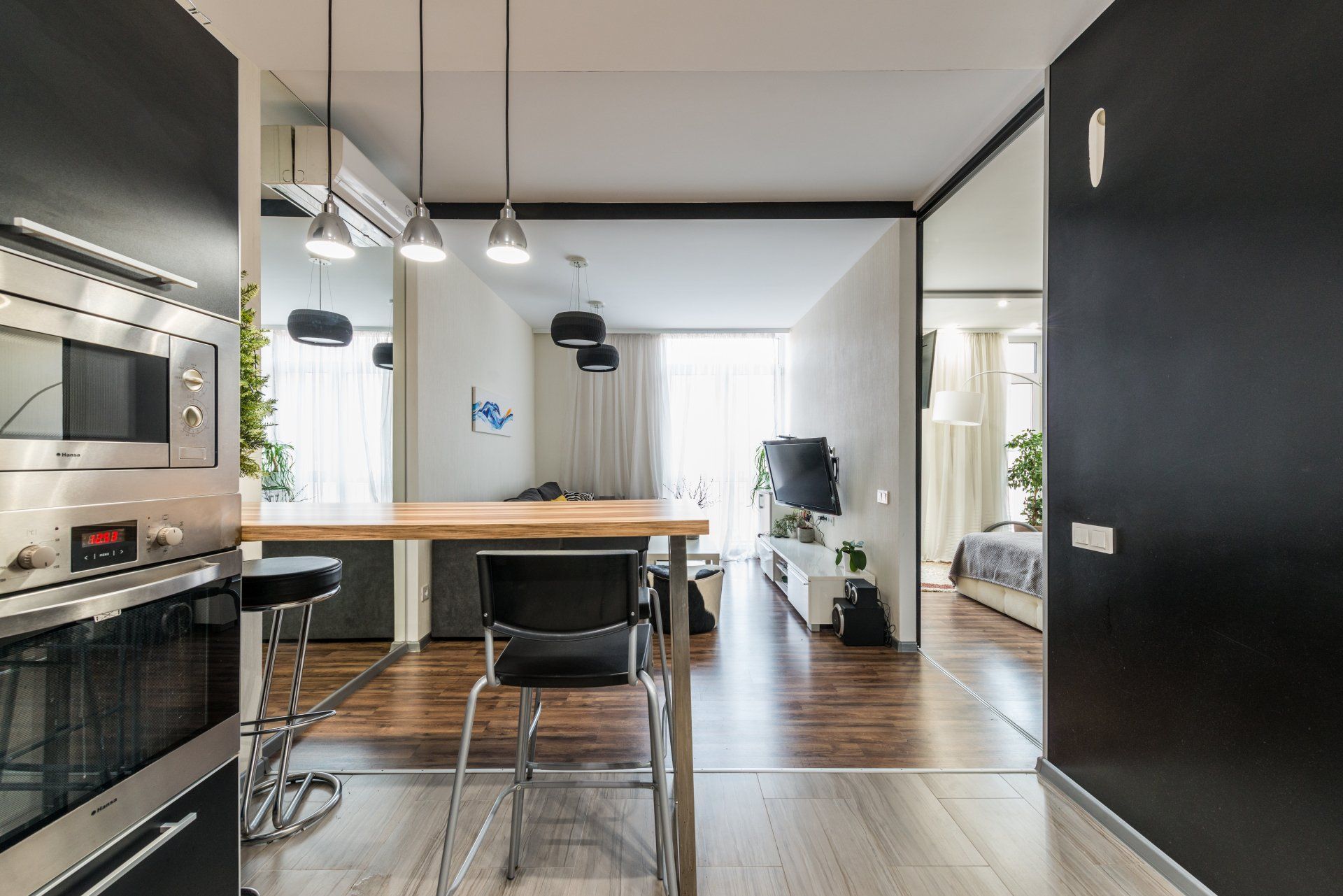What is Mortgage Insurance and Do You Need It?
Understanding what mortgage insurance is, and what options you have regarding this insurance, can save you headaches and money down the road! Let’s unpack this insurance in greater detail below.

Depending on what type of mortgage you qualify for, and how much money you put down, you may be required to carry mortgage insurance. Mortgage insurance tends to get a bad name. After all, this is insurance you - the homeowner - must pay, but this insurance does not protect you from defaulting on the loan. However, is mortgage insurance all that bad? Let’s dive into mortgage insurance in greater detail and highlight exactly why mortgage insurance isn’t bad.
What is Mortgage Insurance
Before reviewing more granular details, let’s start with the basics. What is mortgage insurance? Simply put, mortgage insurance is insurance that a lender may require you to carry. This insurance insures the risk of you defaulting on the loan. However, the caveat is - this insurance does not protect you, the homeowner. If you default on the loan, you still deal with the negative ramifications. The lender, however, will still receive their money back thanks to the mortgage insurance you carry.
When Are You Required to Have Mortgage Insurance
As mentioned above, all mortgages do not require mortgage insurance. In fact, there are a few mortgage options, such as a VA Loan or USDA, that do not require private mortgage insurance (also known as PMI). However, a VA loan and a USDA are more difficult to qualify for.
If you are financing via a conventional loan, you may be required to carry mortgage insurance depending on how much money you put down. However, you can eliminate PMI in as little as 2 years if your home appraises high enough.
If you are financing via an FHA loan (a loan issued by the Federal Housing Administration), you’ll be required to pay a mortgage insurance premium (MIP) regardless of your down payment. If your initial down payment was equal to, or greater than 10%, you’ll be required to pay MIP for 11 years. If you initially bought your home with an FHA loan, and you’re looking to get rid of the mortgage insurance, consider refinancing into a conventional loan.
How Much is Mortgage Insurance
The cost of mortgage insurance has a lot to do with your credit score and down payment. The higher your credit score is, the less the mortgage insurance will cost you as a percentage of the total loans value. The closer you get to a 20% down payment, the cheaper PMI gets in 5% increments.
Most of our clients pay less than 0.6% for private mortgage insurance. In fact, PMI can cost you as little as 0.11% of the loan amount annually. For reference, a $500K loan amount with a 0.11% PMI factor only pays $45/mo for PMI!
If you have a bad credit score, work on improving that. Not only will an improved credit score help you qualify for a loan, but it will also reduce the mortgage insurance rate.
Why Isn’t Mortgage Insurance All That Bad
Mortgage insurance tends to get a bad name. However, there is plenty of good that must be understood.
First and foremost, mortgage insurance makes homeownership possible for millions of Americans. Saving 20%+ for a down payment can be nearly impossible for plenty of people, yet, the dream of owning a home is something they want to accomplish. With the introduction of mortgage insurance, lenders are more comfortable lending money to people who aren’t putting down a large down payment. You no longer need to help pay off your landlord’s mortgage, and you can own a home, and build equity, with as little as 3.5% down!
Secondly, mortgage insurance does not need to be permanent. As your home appreciates in value, or as you reach that magic 78% figure, your mortgage insurance can drop off your loan. There are plenty of ways to help boost the value of your home, which we’ll briefly touch on below. You can also consider refinancing your mortgage to help reduce, or eliminate mortgage insurance.
How to Increase Your Home Equity
If you currently have mortgage insurance or will need mortgage insurance on your mortgage, you may be wondering how can you increase your equity to 20% as quickly as possible. Here are a few things to keep in mind:
- First and foremost, as you pay your mortgage each month, you will naturally build equity. It can take a few years to reach that 20% equity benchmark depending on how large your down payment was. But by simply paying your mortgage each month, you will eventually reach 20% equity on your loan.
- If you want to accelerate how quickly you reach 20% equity, you can always do home improvements and upgrades. Common home improvements/upgrades include:
- Refinishing the floors
- Replacing an old roof
- Professionally painting the interior or exterior of your home
- Having the yard properly landscaped, with shrubs, plants, well-maintained mulch beds, etc.
- Renovating rooms can also drastically increase the value of your home. Perhaps you finish the basement, update the kitchen or bathroom, or add an extra bedroom. All of these renovations can improve your home value, and may be able to push you over that magic 20% benchmark.
Once your projects are complete, you’ll need to get the house reappraised. This fee can be a few hundred dollars, but the appraised value will highlight what your home is worth. The difference between what you’re home is worth, and what you owe on your mortgage, is your equity.
Working with the Right Mortgage Broker
An honest mortgage broker will explain all the details regarding mortgage insurance to you before you sign the paperwork. They can discuss the disadvantages and advantages of each mortgage option, so you have a clear understanding of which one may be best suited for you. Online calculators, even on Zillow or Redfin, can have inaccurate information and could set poor expectations as they assume the most conservative costs. If you’re looking to get a thorough understanding of the all-in cost of the mortgage, the most accurate way to do so is to work with an honest loan officer. If you have any questions, please do not hesitate to reach out!
Michael Mccarthy
Mikemccarthy@leaderbank.com
NMLS #449250





